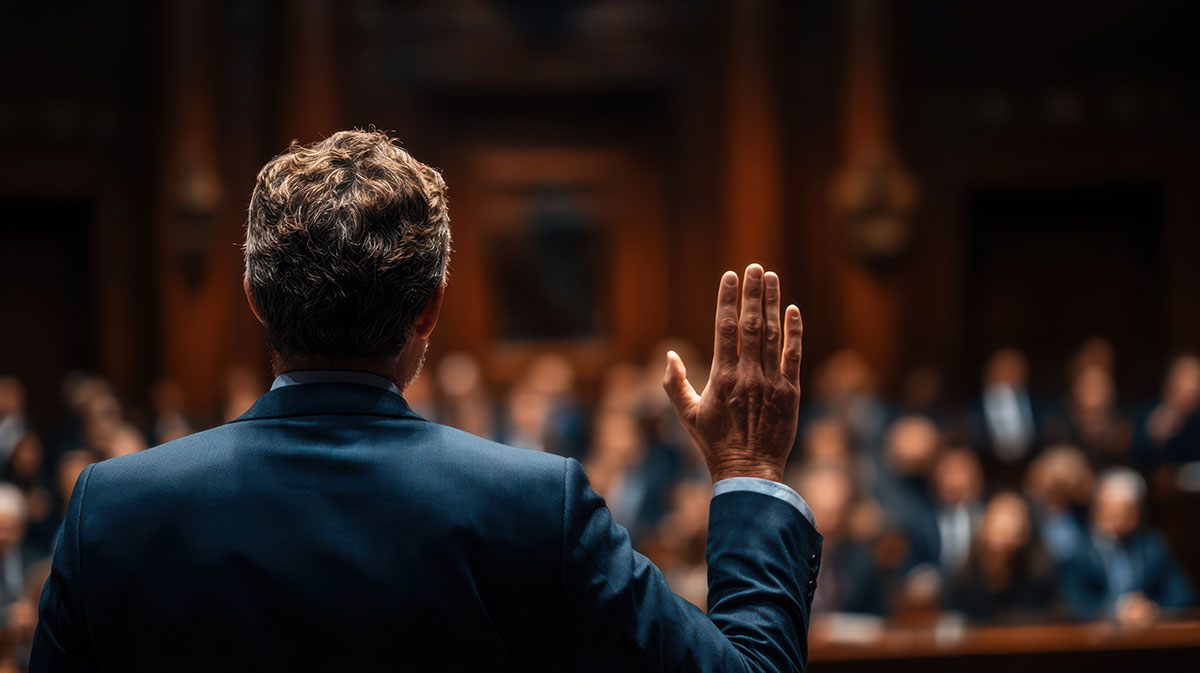In the courtroom, pressure is part of the job. But in today’s world, elite trial lawyers face pressure beyond legal arguments—they face public scrutiny, media attention, and social commentary that can impact both cases and careers. Over the years, I’ve learned that how you respond to a crisis—especially one under the public eye—defines your reputation, your influence, and ultimately, your success.
The Spotlight of Scrutiny
Being a high-profile attorney comes with visibility that few careers demand. Every case, every statement, every decision can be dissected by the media and the public. When people watch, they judge. I’ve seen colleagues crumble under this pressure, allowing critics to define the narrative.
The key is understanding that scrutiny is inevitable. You can’t control every story or opinion, but you can control your response. Elite trial lawyers turn this spotlight into a strategic tool, using public attention to reinforce credibility and demonstrate composure under pressure.
Mastering the Courtroom Mentality
In litigation, preparation is everything. The same principle applies when facing public scrutiny. A crisis—whether legal, professional, or personal—tests your ability to remain calm, focused, and strategic. I’ve found that trial experience trains you to think clearly under pressure, anticipate challenges, and respond decisively.
When the public watches, you can’t react impulsively. Every statement matters, every action counts. The courtroom teaches you to assess evidence, understand perception, and present arguments persuasively. These same skills are invaluable when navigating a public crisis.
Turning Challenges Into Opportunities
The most successful trial lawyers don’t just survive public scrutiny—they leverage it. A crisis, when handled correctly, becomes an opportunity to strengthen reputation, build trust, and demonstrate leadership.
For example, addressing criticism transparently and strategically can shift the narrative. Taking responsibility where appropriate, providing clear context, and maintaining integrity signals to the public that you are capable, trustworthy, and in control. In my experience, these moments often define careers more than the victories themselves.
Communication Is Key
During a crisis, what you say—and how you say it—matters. Elite attorneys understand the importance of clear, consistent, and confident communication. You must convey facts without overexplaining, stand firm without being defensive, and maintain composure without seeming detached.
I’ve learned that people respond to confidence, authenticity, and decisiveness. When facing scrutiny, the public—and your clients—look to you for assurance. By communicating effectively, you can turn tension into credibility and doubt into respect.
Reputation Is Your Armor
In high-stakes law, your reputation is your most valuable asset. Public scrutiny tests it constantly, but it can also reinforce it. When handled correctly, a crisis doesn’t erode trust—it builds it.
Maintaining a strong reputation requires consistency. It’s not about avoiding mistakes; it’s about demonstrating competence and integrity when challenges arise. Over time, this approach establishes a pattern that reassures clients, colleagues, and the public that you can navigate any storm.
Leadership Under Pressure
Elite trial lawyers are leaders in every sense of the word. They guide clients through uncertainty, make critical decisions under pressure, and inspire confidence in their teams. When public scrutiny hits, leadership is tested in real time.
I’ve learned that decisive action and calm composure are contagious. Teams, clients, and even the public take cues from how you handle pressure. By leading effectively in high-stakes situations, you turn potential vulnerability into strength.
Lessons for Aspiring Attorneys
For young lawyers or anyone aspiring to lead, the lesson is clear: crisis is inevitable, but it is also an opportunity. Every challenge under the public eye is a chance to demonstrate poise, strategy, and integrity. The skills you develop in the courtroom—preparation, communication, and analysis—translate directly to managing public scrutiny and strengthening influence.
It’s also essential to embrace transparency and authenticity. People respect leaders who face challenges openly, acknowledge reality, and act decisively. Avoiding confrontation or hiding from criticism only prolongs the crisis and undermines credibility.
Conclusion
Public scrutiny is a constant in high-profile legal work, but it is not a threat—it is a test. The lawyers who thrive under pressure are those who treat every crisis as an opportunity to strengthen reputation, demonstrate leadership, and communicate with clarity.
Crisis command is about more than survival; it’s about transformation. By mastering response under scrutiny, elite trial lawyers convert public attention into influence, setbacks into opportunities, and challenges into long-lasting respect.
In law, business, and life, the ability to face crises with confidence is one of the most powerful tools you can possess. The courtroom teaches you discipline, strategy, and resilience. The public teaches you accountability, perception, and influence. When these lessons combine, you don’t just weather the storm—you lead it.
